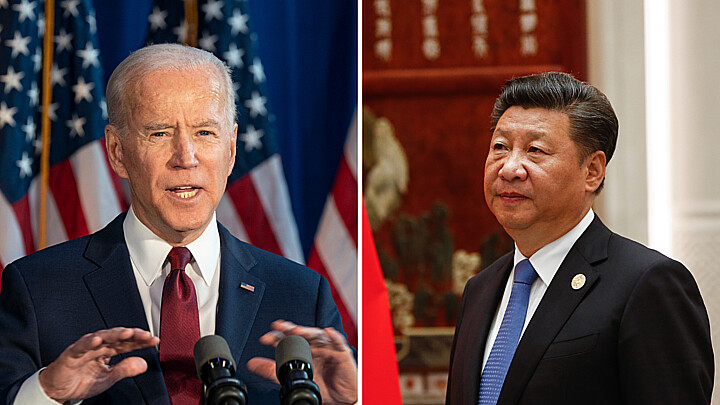Business
U.S. lawmakers condemn Mexico's violations in the energy sector
Electricity reform, changes to the Hydrocarbons Law, and the halt of permits for the export and import of fuels are of concern
January 13, 2022 2:16pm
Updated: January 14, 2022 12:53pm
Democratic and Republican legislators accused Mexico of not complying with the obligations outlined in the treaty between Mexico, the United States, and Canada (T-MEC). According to the legislators, the Mexican government’s actions in the energy sector seek to give privileges to state-owned companies such as the Federal Electricity Commission (CFE).
A group of senators expressed their concerns in a letter addressed to U.S. Trade Representative Katherine Tai. In the letter, members of the Senate Finance Committee highlight Mexico's delays and omissions in the labor, energy, agriculture, services, and pharmaceutical industries.
"The potential (of the treaty) will not be achieved without full implementation of the agreement as written," claimed Senators Ron Wyden (D-Oregon), and Mike Crapo (R-Idaho).
Regarding the energy issue, the senators questioned why President Andrés Manuel López Obrador has given preference to the public sector and has carried out measures such as the suspension of U.S. energy imports.
"Mexico's actions deprive private energy companies, including renewable energy companies, of market access, non-discriminatory treatment, and a level playing field in Mexico's energy sector," the senators said.
Republican Congressman Kevin Brady (Texas), a member of the House Ways and Means Committee, told Katherine Tai that President López Obrador envisions an ambitious program that will roll back the energy reform approved in Mexico in 2013, which allowed the private companies to participate in the sector.
Brady highlighted three points of concern regarding Mexico’s energy sector: the reform of the electricity sector promoted by the Mexican government, the reform of the Hydrocarbons Law, and the halt of permits for the export and import of fuels.
"If passed, these amendments will prohibit the CFE from contracting private investors to supply electricity in Mexico and revoke existing and pending electricity generation permits. It would also create a disadvantage for private sector investors by arbitrarily limiting or blocking their participation in the Mexican electricity market and in the extraction of lithium and other strategic minerals," he added.
These changes would delay the transformation of Mexico's electricity market into a "reliable, financially sound and low-carbon system." said the Republican congressman.
This Thursday, committees led by the undersecretaries of commerce of Canada, the United States, and Mexico will meet to evaluate compliance with the T-MEC, an agreement that has been in effect since July 1, 2020.










